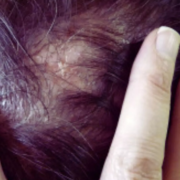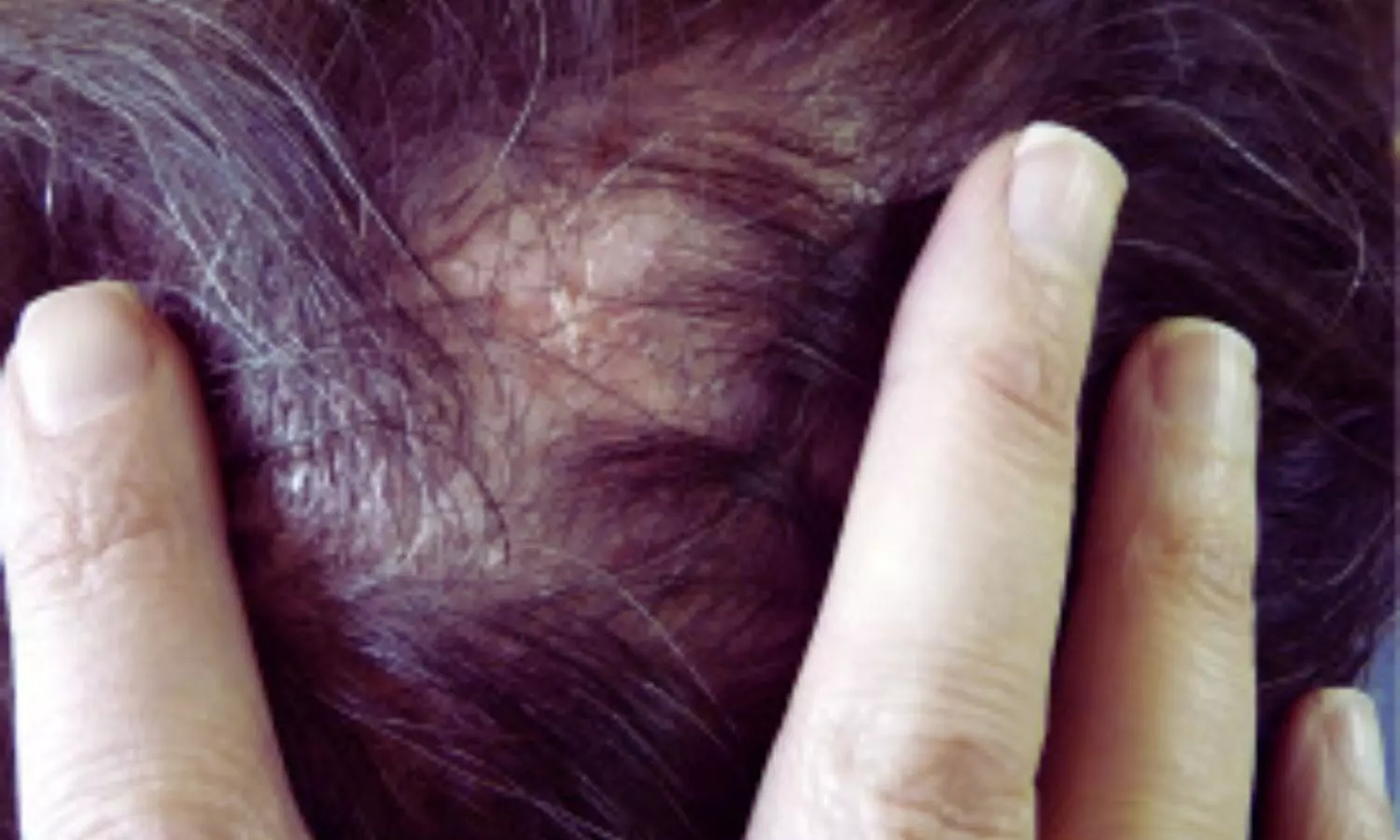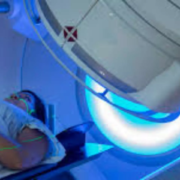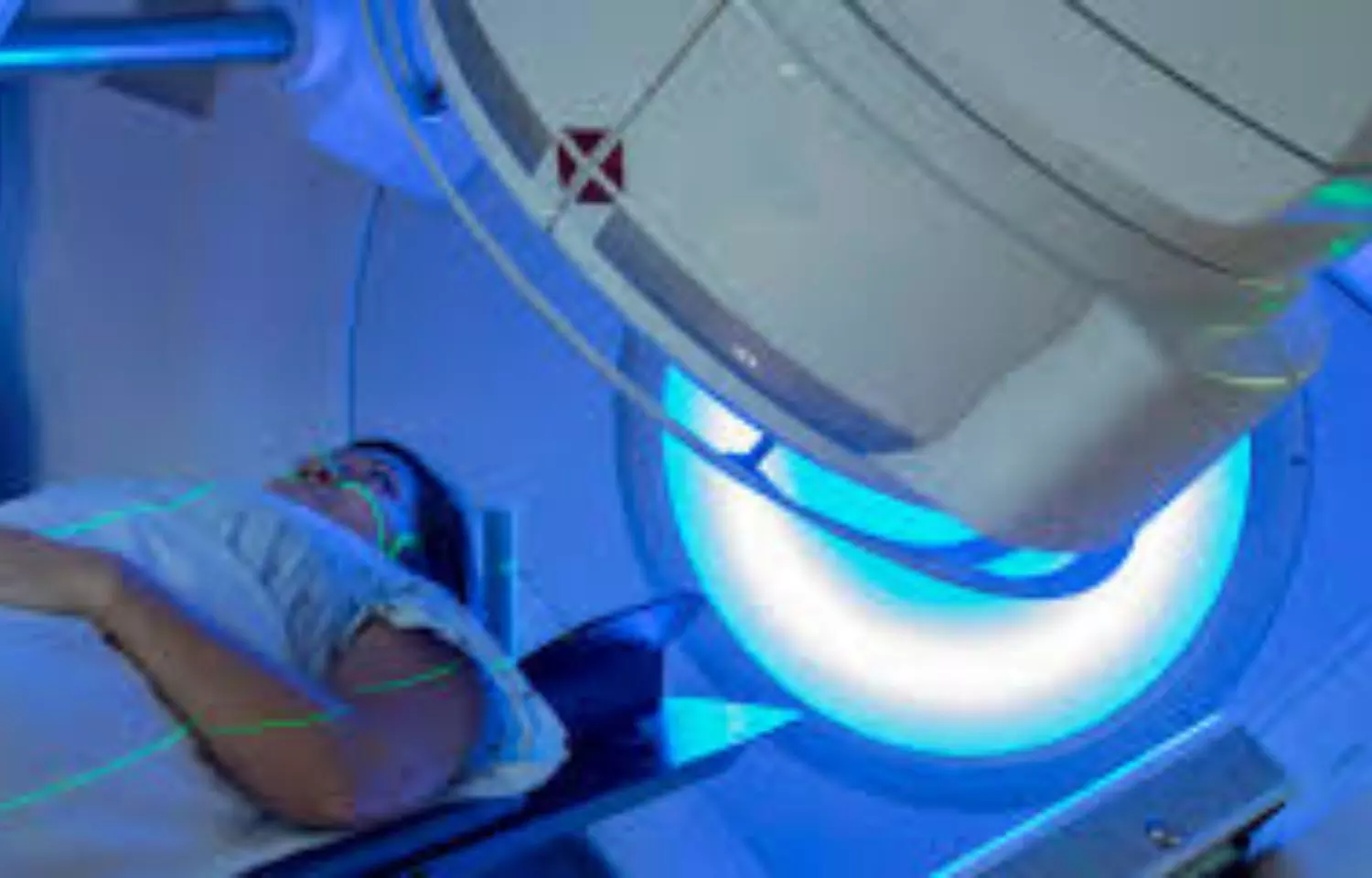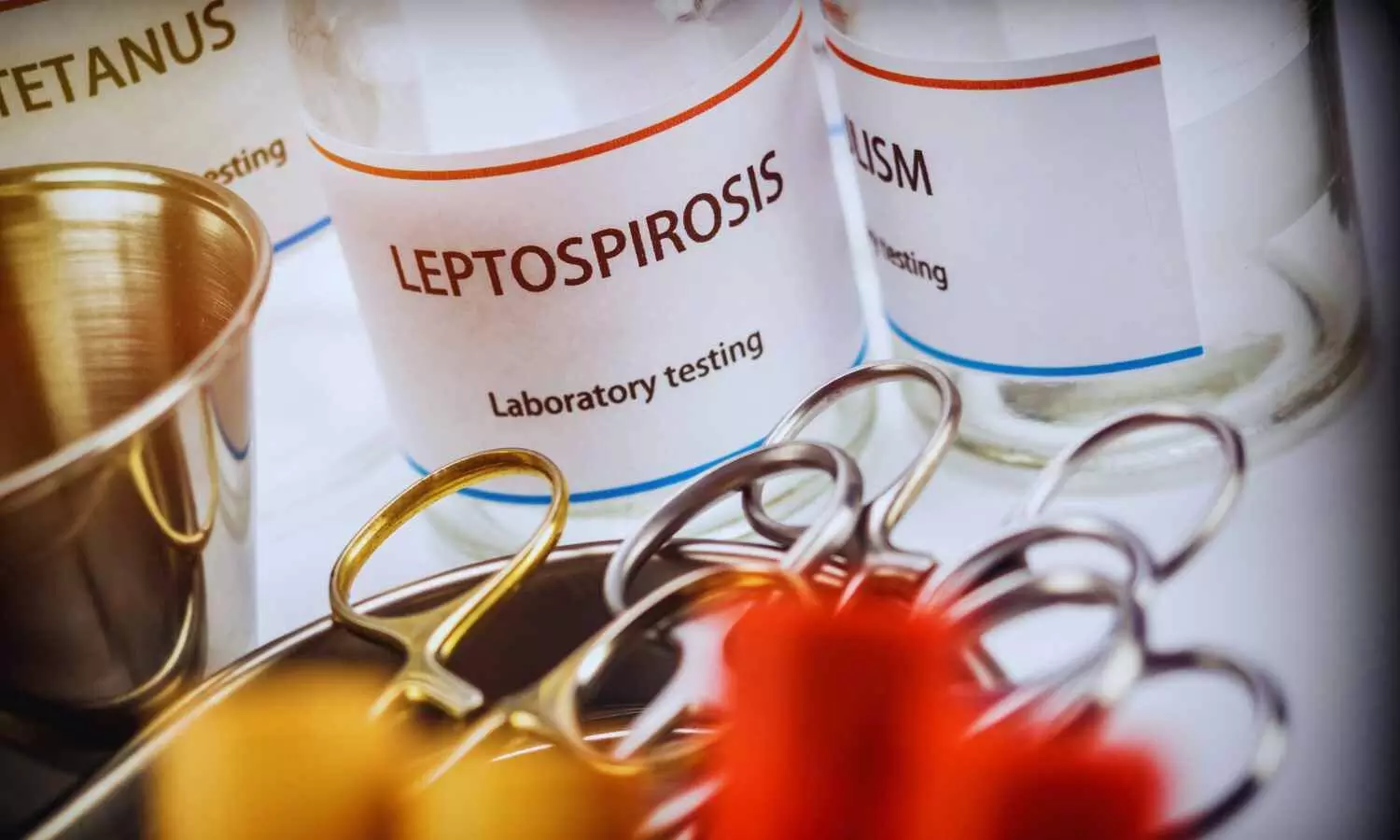Chronic Sinus Inflammation Linked to Increased Risk of Rheumatoid Arthritis: Study

A new systematic review and meta-analysis published in the International Forum of Allergy & Rhinology revealed a striking connection between rhinosinusitis, and the development of systemic rheumatic diseases. The findings suggest that chronic sinus inflammation may not only affect breathing and quality of life but could also unmask hidden autoimmune conditions.
This study included data from 9 international studies and examined whether individuals with rhinosinusitis face higher odds of developing conditions like rheumatoid arthritis (RA), systemic lupus erythematosus (SLE), and ankylosing spondylitis. By analyzing both prevalence and risk, this study applied random-effects models to ensure statistical robustness.
The results revealed a strong association between chronic rhinosinusitis (CRS) and systemic rheumatic conditions. The patients with CRS were nearly twice as likely to develop rheumatoid arthritis (odds ratio [OR]: 1.70, 95% confidence interval [CI]: 1.44–2.00, p < 0.00001). Similarly, CRS carried a 61% higher risk of systemic lupus erythematosus (OR: 1.61, 95% CI: 1.25–2.08, p = 0.0002) and a 48% higher risk of ankylosing spondylitis (OR: 1.48, 95% CI: 1.26–1.72, p < 0.00001).
Acute rhinosinusitis (ARS) which is usually triggered by infections, showed weaker links, most notably to seronegative rheumatoid arthritis. This distinction highlight the role of chronic inflammation and long-term immune dysregulation in systemic autoimmunity.
The prevalence rates showed rheumatoid arthritis to emerge as the most frequent autoimmune diagnosis among rhinosinusitis patients, affecting about 10% (95% CI: 8.2–13). This prevalence significantly exceeds baseline rates in the general population, suggesting that sinus-related inflammation could be an early sentinel for autoimmune disease.
Overall, the findings highlight a mucosal immune dysfunction in rhinosinusitis may act as a trigger or parallel pathway in the development of systemic autoimmune conditions. For patients with CRS, particularly those unresponsive to conventional therapies, rheumatologic evaluation could be warranted. Early detection of autoimmune conditions can dramatically improve outcomes through timely intervention.
While more longitudinal studies are needed, the evidence suggests that chronic rhinosinusitis is more than a localized ENT disorder. It may serve as an early warning sign of systemic rheumatic disease, which could urge clinicians to adopt a more integrative approach when treating sinus patients.
Source:
Aulakh, A., Choudhary, P., Sidhu, G., Gigliotti, D., Jun, J., & Thamboo, A. (2025). The risk of rheumatic disorders among patients with rhinosinusitis: A systematic review and meta-analysis. International Forum of Allergy & Rhinology, alr.70032. https://doi.org/10.1002/alr.70032
Powered by WPeMatico


